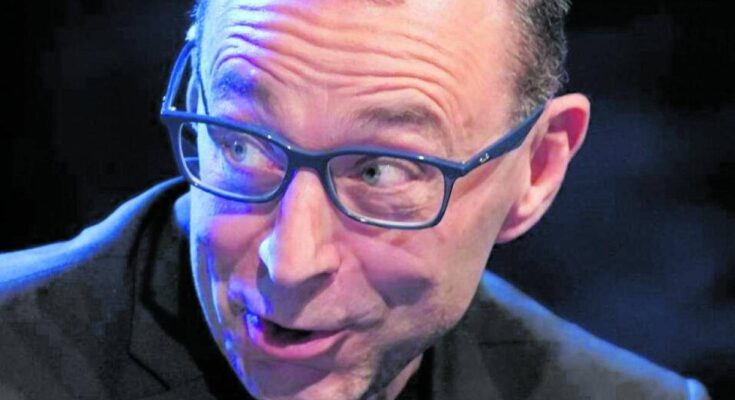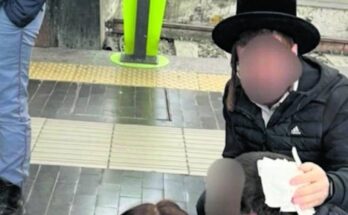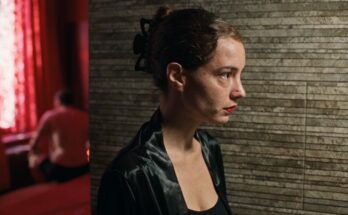He has illegally intercepted PD senator Stefano Esposito (pictured) five hundred times. So for three years, 2015 to 2018. And he even asked for his indictment, using 151 wiretaps, without respecting the immunity that members of parliament have. Therefore, the CSM Discipline imposed very severe sanctions on Gianfranco Colace: loss of one year’s seniority and transfer from Turin to Milan, with a transition to civilian functions. But now, the CSM itself reversed its assessment and rejected the environmental noncompliance practice, which is technically a paradisciplinary procedure, much to the praise of prosecutors. And received a thorough defense from a judge who had been condemned by the Disciplinary Authority.
The plenary session, in procedure number two, gathers completely different opinions and makes them their own. “As far as I personally understand – explained Turin public prosecutor Giovanni Bombardieri – from my daily conversations with colleagues, in group meetings, in office plenary meetings, there are no critical issues regarding the continuation of my colleague Colace.
Possible? OK, did these two talk to each other and didn’t they find a way to consider that unfortunate investigation and the other investigations that turned up nothing? The investigation into Colace prompted not only the intervention of the CSM, but also the highly authoritative and severe intervention of the Constitutional Court which criticized in harsh terms the unacceptable violations committed by the prosecutors and investigating judges who supported its methods.
Not only that: as many newspapers wrote, over time Colace had accumulated an impressive series of failures and his investigations, which almost always began with trumpets and newspaper headlines, ended with a series of dismissals, acquittals and acquittals. As happened with the opening of files at the Turin Book Fair or the investigation of the smog in the capital of Piedmont. Not to mention the lack of investigation into Giulio Muttoni, one of the most important entertainment entrepreneurs under Mole, then eliminated, forced to close his company because he faced very serious charges, such as mafia-style criminal association, which ultimately evaporated.
Nothing to say? No. On the contrary.
“The specific events involving Dr. Colace – the Prosecutor’s observation – did not affect his day-to-day work in the office, nor his relationships with co-workers.”
It seemed meaningless, even in the face of the great suspects who, after years of painful waiting, saw their lost honor restored. From Piero Fassino to Sergio Chiamparino and Chiara Appendino. Prosecutor General Lucia Musti went even further: “It must be said – and I have also told myself – that he is probably the judge who in the Turin Prosecutor’s Office in previous years has spearheaded the Prosecutor’s Office with regard to investigations in the field of public administration”.
There was no hesitation, no comment, not even a veiled criticism of the disastrous investigative developments that ended up in the trash. And it started long before the arrival of Bombardieri and Musti at the top of the Turin prosecutor’s office. In conclusion, the plenary drew its shields and said no to exile. For God’s sake, Colace has been transferred, or rather also sentenced to move to Milan, at another trial, and for now he remains in Turin awaiting an appeal.
But there was something surprising. It may be noted that the measurement standards of the two procedures cannot be perfectly superimposed. But it should also be remembered that the Disciplinary Council, headed by Vice President Fabio Pinelli, has recently taken an intransigent stance.
At the plenary session, where other files arrive, another, more corporate logic is bound to be important. Colace transferred, but also not. And the two Courts in the same Council issued two conflicting decisions.



